During the opening ceremony, the Executive Director of the Primakov Centre Victoria Karslieva thanked the participants for showing longtime interest in the Forum itself and its Youth session and expressed hope that the Youth Session would be fruitful for each of the young scientists involved.
The special guests of the first discussion within the Meeting was Fyodor Lukyanov, Editor-in-Chief of Russia in Global Affairs magazine @ru_global, Chairman of the Presidium of the Council for Foreign and Defense Policy. In his opinion, «Russia's special military operation in Ukraine was that last drop that contributed to the avalanche of systemic contradictions. It was a long time coming after the Cold War and was based on the West's incapacity to fulfill its role of a full-fledged and effective hegemony. Hegemony, if it were possible, is by far not the worst form of global governance. But, it is non-achievable».
A multipolar world, first mentioned by Yevgeny Maksimovich Primakov, does not imply a world of balance but a world of chaos. Fyodor Lukyanov is deeply convinced that it is simply impossible to balance out such a plethora of actors and their interests: «Today, each of the international actors is seeking to get the other lose more».

«On the one hand, it is becoming polycentric. On the other, there is a continued shift towards economic domination by two leading states – the US and China. However, the existing system cannot be reduced to competition, rivalry, and interdependence between the two economies. More new economic powerhouses are emerging, and the hierarchy is being significantly transformed. Hence, it is polycentricity we are talking about, whereby the system of economic ties is far more complicated than that of intergovernmental ties».
The interdependence is not going anywhere, and the competition will be turning increasingly more fierce. Russia, as well as the other countries, will be forced to make a choice in favor of a world frame and respective strategic goals. What are the national interests of my country? What can our niche be? What are our primary challenges and risks? These are the questions I encourage you to ask yourselves every single day.
The speaker briefly defined particular aspects of the processes currently unfolding in the territory of the Former Soviet Union, while having dwelled on the external affairs and ties of the post-Soviet countries:

The Ukrainian factor did not initiate the conflicts currently unfolding in the Former Soviet Union, but it did exacerbate a lot of ongoing processes. If it had not been for the Ukrainian Crisis, Ilham Aliyev would still aim at restoring Azerbaijan’s territorial integrity, and South Ossetia’s political elites would not have talked about joining forces with Russia long before it happened.
Following several EU and NATO enlargement waves, the West naturally approached the Post-Soviet space. Romania and Bulgaria joining the the two blocs practically made the Black Sea into their internal waters.
2020 was a crucial year for the Post-Soviet space dynamics. During the Second Nagorno-Karabakh War, Turkey became the first external actor to shift status quo in the former Soviet states.
The dissolution of the Soviet Union has not been finished: a new configuration that would help the states build their relations with a clean slate has not emerged yet.

«Today, there is no International Security Architecture per se. What is left from the old one are outdated elements that have lost their functionality. But the concept of architecture implies something above the ground. The basis for a security architecture would be the balance of powers which, in turn, does not mean equality of the parties but sustainability of the system».
The Cold War era was succeeded by the period of Americal hegemony, unquestioned and unchallenged by anyone. The security architecture that emerged at the time was based on the US understanding of what is accepted and desired. Russia's national interests could not have been treated the same, the expert said.
In the hybrid war between Russia and the West, the forces are uneven, but so are the stakes, and this disbalance is very peculiar. The outcome of this war will determine the future basis for a new security architecture.
The discussions with experts were followed by research presentations made by the young scientists and specialists on the topics placed on the official Meeting's agenda. The Youth Session graduates then went on to participate in the 8th International Scientific and Expert Forum «The Primakov Readings» that was held at the World Trade Center in Moscow on December 6-7.

